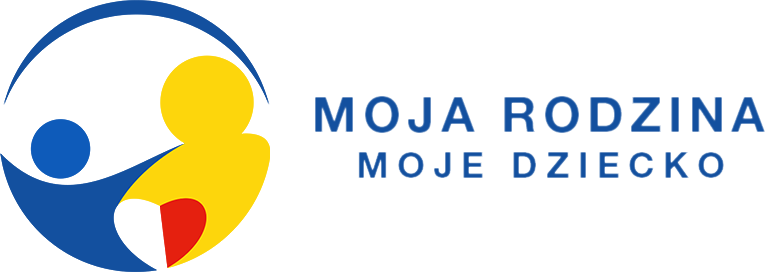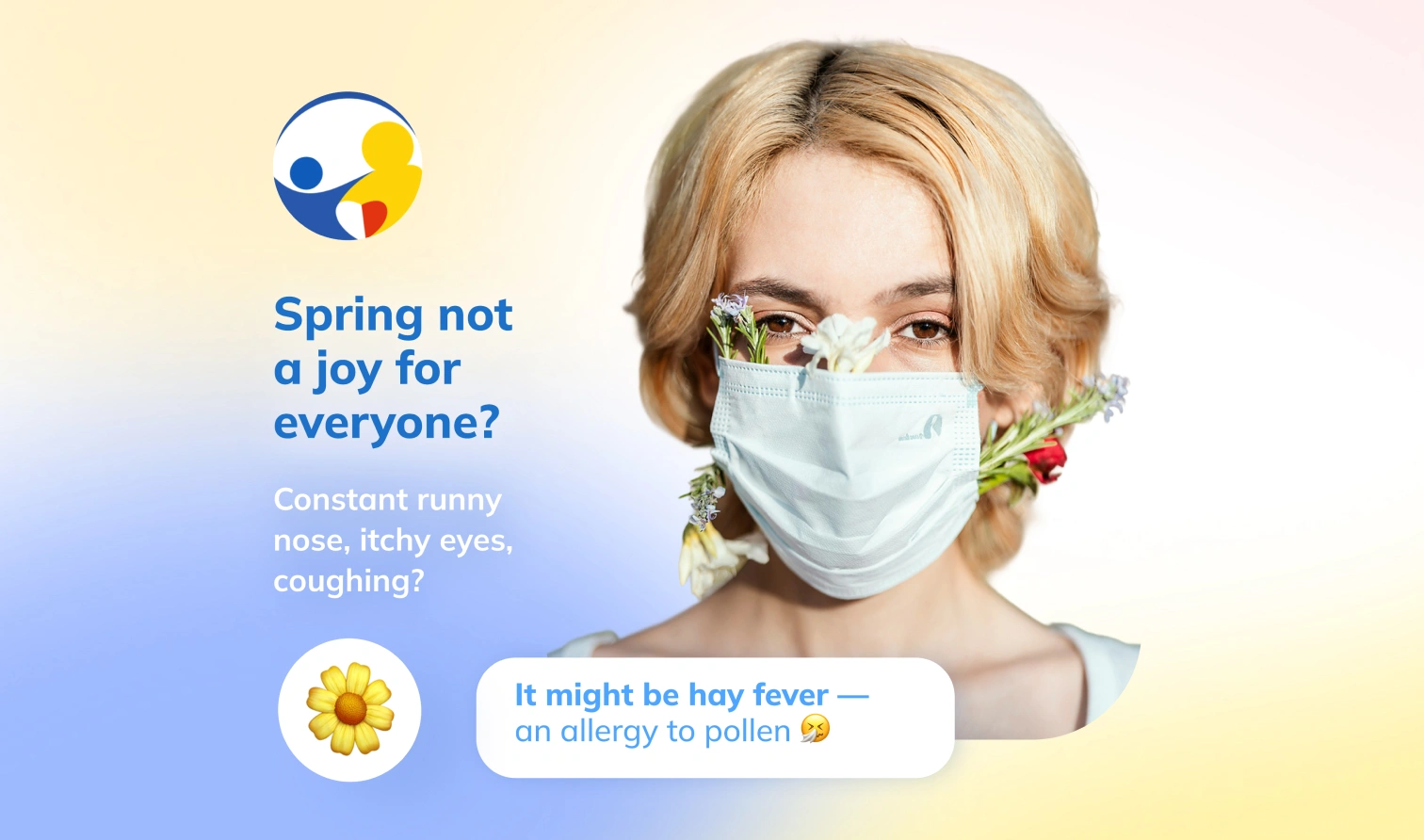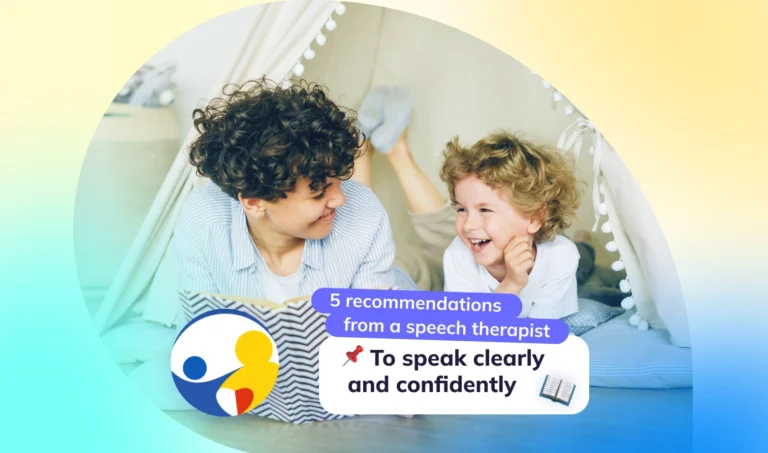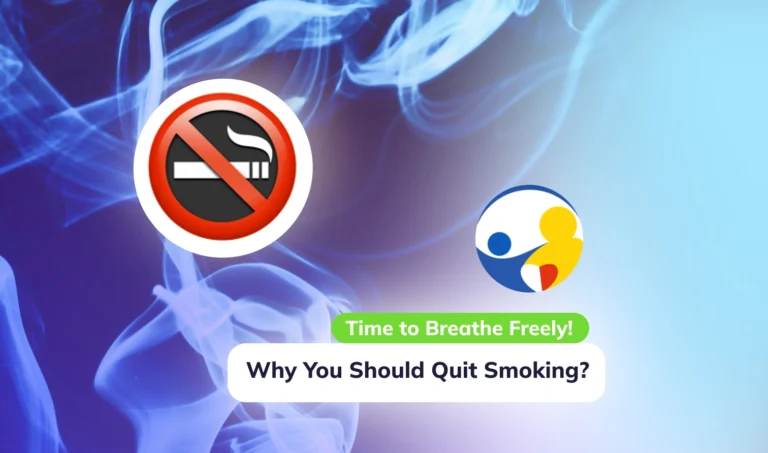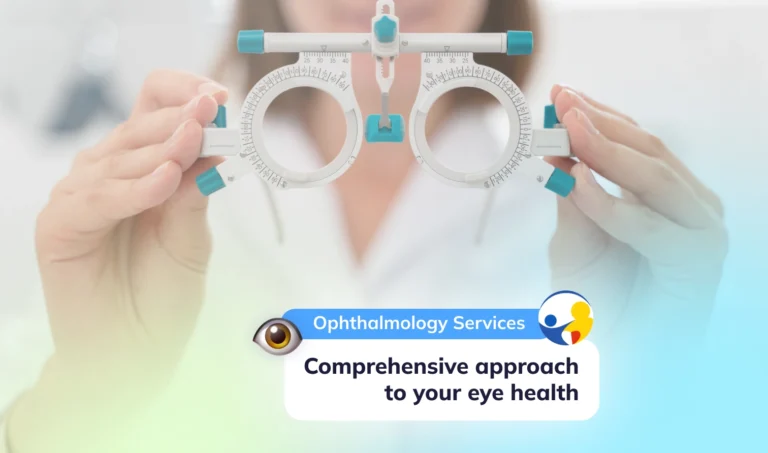Hay Fever – More Than Just a Runny Nose. How to Recognize Pollen Allergy and What to Do About It?
Spring is a beautiful season, but for people with allergies, it can be a challenging time. As nature awakens, a large amount of pollen appears in the air, triggering allergic reactions – hay fever. This condition affects both adults and children.
What is Hay Fever?
Hay fever is a seasonal allergy to plant pollen, manifesting as a runny nose, itchy eyes, sneezing, coughing, and even difficulty breathing. It is less common in children under 3 years old, as developing an allergy requires exposure to the allergen over several seasons.
Hay Fever is Not Limited to Spring:
- Spring – tree and shrub pollen
- Summer – grass pollen
- Autumn – weed pollen
Why is This Important?
Pollen easily spreads with the wind over long distances. A person may experience symptoms even before plants actively pollinate. Cross-reactivity is also common – a reaction to several related allergens, such as pollen and certain fruits or vegetables.
Main Symptoms of Hay Fever:
- Runny nose, nasal itching, congestion
- Redness, itching, and tearing of the eyes
- Sneezing, coughing
- Difficulty breathing, wheezing
- Headache, sleep disturbances
- Skin itching, rashes
- Unpleasant sensations in the mouth after eating fruits and vegetables
What to Do?
If you notice allergy symptoms every year at the same time, avoid self-medication. Consult a doctor – internist, pediatrician, or family physician. Hay fever symptoms can mimic prolonged viral infections, parasitic invasions, eye demodicosis, etc.
Modern Diagnostics – ALEX 2 Test
We recommend undergoing the molecular allergy test ALEX 2, which allows for:
- Detection of reactions to 295 allergens
- Identification of primary and cross-reactive allergies
- Development of an individual treatment plan
The test is suitable even for children from 6 months of age and can be performed at any time of the year, even during symptom exacerbation.
Learn more about the ALEX 2 test and the possibilities of accurate allergy diagnostics here.
Treatment
- Symptomatic treatment: antihistamines, hormonal sprays, antileukotriene agents
- ASIT (Allergen-Specific Immunotherapy): administration of small doses of the allergen with gradual increase. A method that truly changes the course of the allergy, reduces the risk of developing bronchial asthma and new sensitizations.
Tips During Pollen Season:
- Avoid walks in dry, windy weather
- Keep windows closed at home and in the car
- Perform wet cleaning
- After returning home – rinse your nose, change clothes, wash your face
- Wash pets’ paws after walks
- Do not dry clothes on the balcony
At Moja Rodzina Clinic, we conduct comprehensive allergy diagnostics and select effective treatments for each patient.
Schedule a consultation:
? www.klinikamojarodzina.pl
? +48 729 855 896
? You can also register in person at the clinic
? Address: ul. 29 listopada 18a/4, Warszawa
Early diagnosis and properly selected treatment significantly improve quality of life. Take care of yourself – we’re here to help. ?
